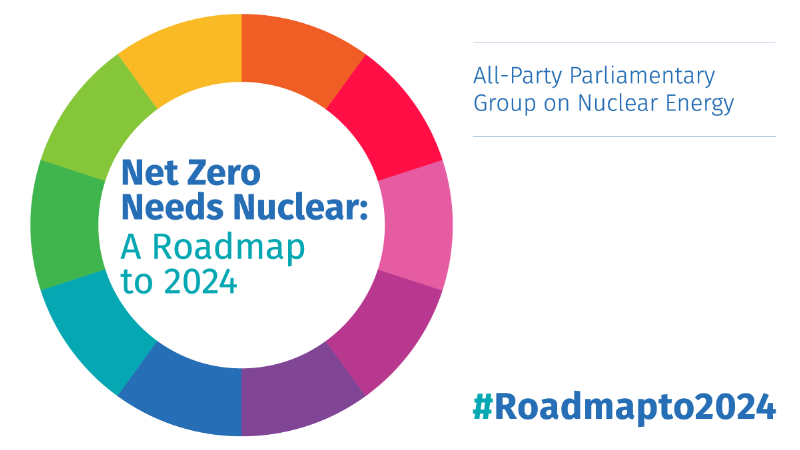Facing the twin challenges of reducing greenhouse gas emissions and meeting rising energy demands, Gulf countries are increasingly embracing nuclear power. This shift comes as the world grapples with the climate crisis and net-zero targets loom large.
The United Arab Emirates (UAE) has been at the forefront of this trend. The Barakah nuclear power plant, under construction since 2008, is expected to be fully operational this year. Upon completion, it will generate enough electricity to power a quarter of the UAE's needs, significantly reducing the country's reliance on fossil fuels.
Saudi Arabia, another major oil producer in the region, is also seriously considering nuclear power as part of its long-term energy strategy. The Kingdom has stated its ambitious goal of achieving net-zero emissions by 2060, and nuclear energy is seen as a crucial component in achieving this target.
The interest in nuclear energy extends beyond just electricity generation. Gulf countries are exploring the potential of smaller modular reactors for desalination, a critical process in the region's arid climate. Freshwater scarcity is a major concern for these nations, and nuclear-powered desalination plants could offer a sustainable solution.
The move towards nuclear power is not without its challenges. Concerns about safety, nuclear waste disposal, and proliferation remain. However, Gulf states are looking to the latest advancements in nuclear technology to address these issues. They are also partnering with international players with a proven track record in safe and secure nuclear energy production.
The embrace of nuclear power by Gulf states marks a significant shift in the region's energy landscape. It reflects a growing recognition of the need to diversify energy sources and transition away from a dependence on fossil fuels. With successful implementation, nuclear power could play a key role in helping Gulf countries achieve their net-zero goals and ensure a sustainable energy future.

